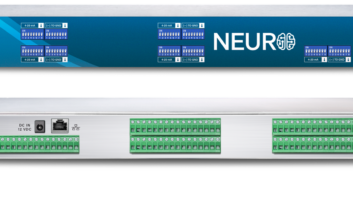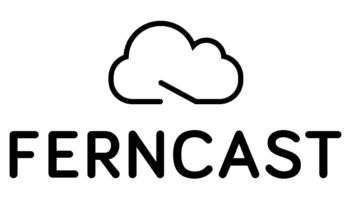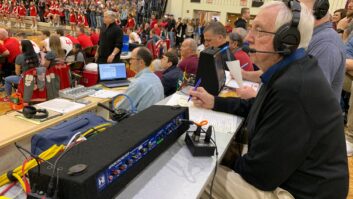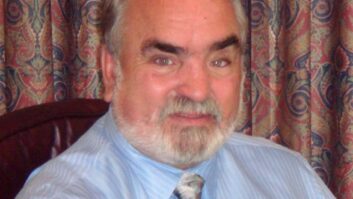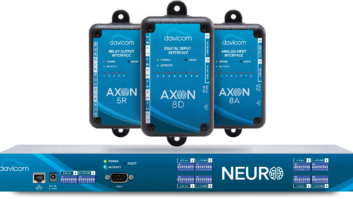The FCC is seeking comment on proposals to make changes to the rules for broadcast remote pickup facilities.
The Society of Broadcast Engineers and the Engineers for the Integrity of Broadcast Auxiliary Services Spectrum raised attention to several issues affecting RPUs, and the FCC clarified certain rules and sought comment on the proposals.
One main focus of the petitioners is the �stacking� of spectrum and identifying a �center� frequency to specify on the FCC authorization. When the FCC last addressed RPUs in 2002, the goal at the time was to adopt rules that would permit the sharing of equipment by RPU licensees and Private Land Mobile Radio Service licensees, with whom the spectrum is shared.
However, if an even number of channels are stacked to provide adequate bandwidth for audio RPU uses, the petitioners argued that the licensee is unable to specify a center channel. As a result, licensees are requesting more bandwidth than necessary so that they can comply with the FCC�s rules. In addition, the current RPU rules do not authorize digital equipment, and the petitioners argued that the analog RPU equipment is not sufficiently precise to permit the licensee to specify a center frequency required under the FCC�s rules.
FLEXIBILITY
In dealing with the center frequency issue, the FCC stated that the current rules provide sufficient flexibility for applicants to specify an appropriate channel. In particular, the FCC stated that the rules currently permit the applicant to specify a center frequency that falls between the channel centers specified in the FCC�s rules. Therefore, an applicant that combines six channels is permitted to choose the center frequency of the combined spectrum, even if that center does not match up with a center frequency listed in the FCC�s rules.
Moreover, the FCC acknowledged that analog RPU equipment is not as precise as digital equipment, but concluded that the petitioners� concerns were misplaced. Instead, the FCC confirmed that so long as the RPU equipment was operating with an approved emission mask, and the facility was centered on the frequency specified in its authorization, the FCC would consider the station operating in compliance with the FCC�s rules.
With these clarifications out of the way, the FCC moved forward in making several proposals and sought comment.
First, the FCC proposes to permit RPU licensees to operate RPU equipment using digital technologies such as Time Division Multiple Access and Next Generation Digital Network (NXDN). The FCC noted that the use of digital technologies would mirror the technologies used by PLMRS licensees and would promote the use of PLMRS equipment by broadcast licensees.
In order to effectuate this change, the FCC is proposing to modify its rules to permit RPUs to specify �digital modulation� and list specific digital emission masks in its rules. The FCC also proposes to expand the maximum authorized bandwidth from 25 kHz to 50 kHz, which would permit the stacking of up to eight 6.25 kHz segments for RPU use.
At the same time, the FCC is seeking comment on removing language in its rules that permits RPU applicants to specify 100 kHz RPU channels. The FCC noted that there had been scant interest in such channels over the years, and that 100-kHz channels restrict available spectrum for other users. The FCC is also seeking comment on adopting the parallel station identification requirements for both PLMRS and RPU licensees.
Finally, the FCC rejected a request by the SBE to grant a blanket waiver of the rules and permit digital operations while the rulemaking is pending. The FCC is apparently concerned that a blanket waiver at this point would permit divergent uses of the spectrum, which may conflict with other users. Thus, while the FCC will permit parties to seek individual waivers to use digital RPU equipment, a blanket waiver was denied.
The deadlines for comments and reply comments have yet to be set in this proceeding, although the FCC did adopt an expedited comment cycle � 30 days for comments and 45 days for reply comments. Please check back next month for those dates.
Petro is of counsel at Drinker Biddle & Reath LLP..
Email: [email protected]






